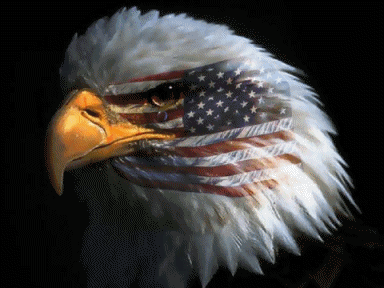The
Story of a 21 Year Old American Patriot
NATHAN HALE
Names do mean something.
The name of Benedict Arnold is synonymous with treason.
The name Major
John Andre, co-conspirator with Benedict Arnold,
a young man hung as an English spy in 1780, is synonymous with an
intelligent
and attractive young man of character caught in a great tragedy.
The name Nathan Hale, a young man hung as an American
spy on
September 22, 1776, stands for patriotism, courage, and loyalty.
His chilling words from the gallows,
"I
regret that I have but one life to give to my country",
set the standard for all who aspire to the role of patriot.
Nathan
Hale graduated from Yale in 1773 where
he excelled in sports.
For a time he taught school in Connecticut.
He enlisted
in the Continental Army on July 1, 1775,
almost a year before the colonies declared their independence.
He
is described by fellow officer,
Lieutenant Elisha Bostwick, in the following terms:
"I can now in imagination see
his person and hear his voice--his person,
I should say, was a little above the common stature in height,
his shoulders
of a moderate breadth, his limbs strait and very plump:
regular features, very fair skin, blue eyes, flaxen or very light
hair
which he always kept short--his eyebrows a shade darker than his hair
and his voice rather sharp or piercing--his
bodily agility was remarkable.
I have seen him follow a football and kick it over the tops of the trees in
the Bowery
at New York, an exercise which he was fond of,
his mental powers seemed to be above the common sort,
his mind of a
sedate and sober cast, and he was undoubtedly pious,
for it was remarked that when any of the soldiers of his company
were sick
he always visited them, and usually prayed for and with them in their sickness."
Independence was
declared July 4, 1776
but things did not go well for the Continental Army.
Washington suffered a crushing defeat on
Long Island and he had
to have better intelligence.
Hale and the other officers of Knowlton's Rangers were asked to
volunteer
for spying behind the British lines.
A call for volunteers went unanswered, a second call was made,
and
only Hale stepped forward.
Hale set out from Norwalk, Connecticut in a plain suit of brown clothes
with a broad-brimmed
hat, and tried to assume the character of a Dutch school master.
He went over to New York by ferry boat and got past the
guards,
except for the last one who stopped him.
Found upon him were drawings with Latin descriptions of the British
fortifications.
His cousin, Samuel Hale, a Harvard man and a Tory, is accused of betraying him,
but it is more likely
that Samuel Hale did not know that his cousin was a spy and
merely identified him to the guard as a rebel sympathizer.
The story of Hale's capture and execution appeared in the newspapers,
and Samuel Hale denied that he gave Nathan away,
but Samuel did later flee to England, abandoning his wife and son, and never returned,
thus lending some credibility
to the claim of his complicity in Nathan's arrest.
Upon being discovered, Hale gave his name, rank in the American
army,
and freely admitted that the had crossed the British lines to spy upon them.
Sir William Howe ordered him
hanged the next morning without the benefit of a trial.
His jailer was a hard-hearted man lacking elemental compassion.
Hale asked for a clergyman and it was refused.
He then asked for a bible, and it too was refused.
In the morning
shortly before the time for execution he was permitted to write two letters
and then he was summoned to the gallows.
From
the gallows he addressed the spectators. It was, he said, the duty of
every good soldier to obey any order from his commander-in-chief.
He urged the British soldiers gathered around him to be ready to meet death in
whatever shape it may appear.
His
last words were:
"I regret that I have but one life to give for my country"
The next day, Captain John Montresor,
a British officer approached the
American lines under a flag of truce to report Hales capture,
demeanor, and his final
words from the gallows.
Nathan Hale had five brothers in the Revolution, his father wrote:
"You desire me
to inform you about my son Nathan.
He was executed on the twenty second of September last
by the accounts we have had.
A child I sought much by, but he is gone."

